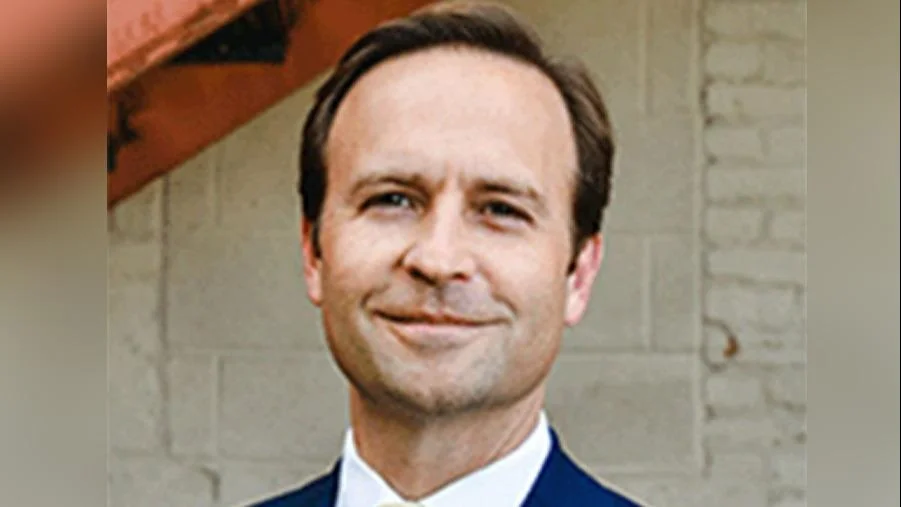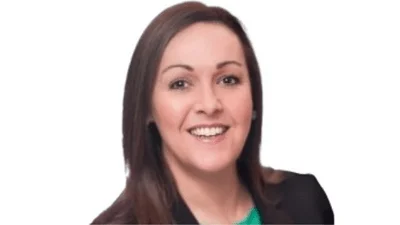Brian Calley President and Chief Executive Officer at Small Business Association of Michigan | Official website
Brian Calley President and Chief Executive Officer at Small Business Association of Michigan | Official website
Michigan lawmakers are considering a new business incentive program that would provide payroll tax exemptions to companies creating new jobs in the state. House Speaker Matt Hall (R-Richland Township) expressed openness to working with Governor Gretchen Whitmer on the initiative, known as the “HIRE Michigan” program. The proposal has been part of the governor’s economic development agenda since early 2024.
Hall aims to repeal the Strategic Outreach and Attraction Reserve (SOAR) Fund law and eliminate the Michigan Economic Growth Authority (MEGA) program. He said, “I’m committed to working with the Governor and trying to do something before the end of the year that eliminates MEGA and comes up with something that can help Michigan compete with other states. We can’t do this anymore where we’re just writing checks to people up front.” Hall envisions the HIRE Michigan Program as a replacement for these previous incentive programs, focusing on job creation rather than upfront payments.
The MEGA program, established during the Great Recession, provided long-term refundable tax credits to retain auto industry jobs in Michigan. Hall stated, “But it allows us to make great deals that actually perform with jobs for the taxpayers.”
The HIRE Michigan program, which stands for High-Wage Incentive for Regional Employment, would rebrand former Republican Governor Rick Snyder’s “Good Jobs for Michigan” program. Snyder’s initiative was first used in 2018, granting Pfizer Inc. up to $10.5 million in payroll tax exemptions for job creation in Kalamazoo. The program expired at the end of 2019.
Governor Whitmer revived discussion of such incentives during her State of the State address in January 2024, suggesting that a new version should target second-stage businesses—those past the startup phase and poised for expansion—rather than only large corporations. She advocated for allowing companies to retain payroll taxes for new employees, reiterating this stance at the Detroit Auto Show earlier this year.
Senate Majority Floor Leader Sam Singh (D-East Lansing) and Sen. Mary Cavanagh (D-Redford Twp.) previously sponsored legislation offering payroll tax incentives to businesses creating significant numbers of high-wage jobs. Their proposal set thresholds of at least 250 new jobs at or above 150 percent of the regional median wage, or 25 jobs above 175 percent of the median wage, with a maximum award period of ten years and an annual cap of $125 million. Unused funds could roll over to subsequent years.
Senate Appropriations Chair Sarah Anthony (D-Lansing) commented on the feasibility of implementing HIRE Michigan, noting changes in state priorities and finances: “Well, our state is in a very different place now that we have done a robust roads plan. We’ve trimmed back many of the state programs and our workforce. It has to work for our financial realities.” She added that while maintaining Michigan’s competitiveness is important, any incentive program “has to work for everyday Michiganders as well.”
Brian Calley, former lieutenant governor under Snyder and current president of the Small Business Association of Michigan (SBAM), voiced concerns about the direction of state incentives. Speaking on Michigan’s Big Show radio program, Calley criticized the state’s decision not to match federal tax incentives offered under the One Big Beautiful Bill Act (OBBBA). He stated, “There’s nothing to take a look at other than comments that were made in the press conference. There really isn’t a proposal on the table for anybody to review. But I think if we were to go back, I think if you’re really interested in effective economic development . . . a good place to start is to re-couple with the federal tax code.” Legislators opted to decouple from OBBBA incentives to secure funding for a $1.85 billion road plan.
Senate Majority Leader Winnie Brinks (D-Grand Rapids) expressed hope for greater legislative productivity despite divided party control. She said, “I think we’ve proven that there are times that we can work together, but it can be a difficult process. So I’m not going to hold my breath, but I will cross my fingers.”






 Alerts Sign-up
Alerts Sign-up